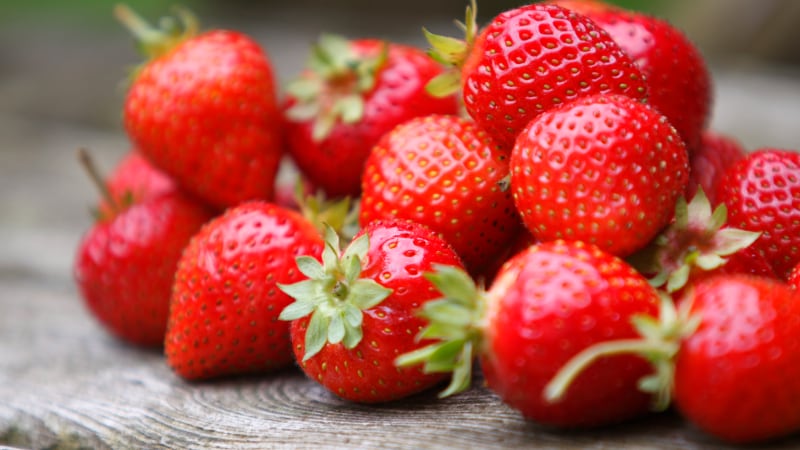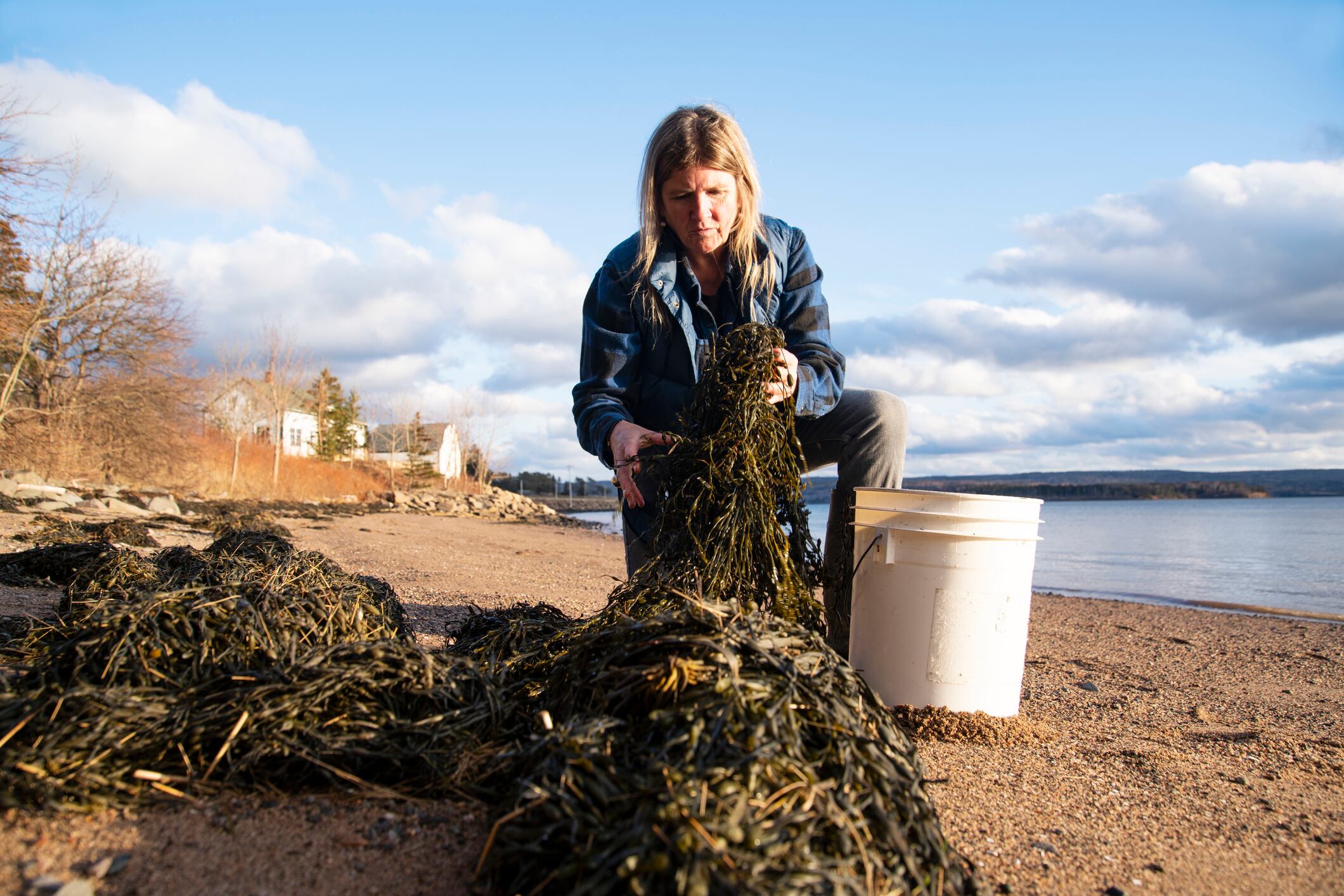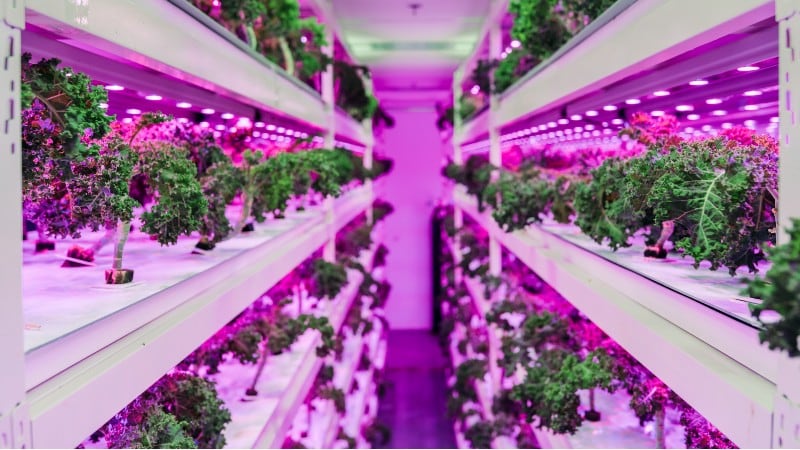Genomics technology involves genome sequencing and annotation, and gene adaption and application, which culminate in the development of new and efficient breeding methods, as well as novel crop varieties.
“Understanding the function of genes enables us to find the most suitable growing condition to trigger gene expression. It also allows us to design a precision agriculture protocol to better grow economically important crops,” Dr Bao Shengjie, CEO and chief scientist of Singrow, told FoodNavigator-Asia.
Strawberries are widely considered as the “dirtiest crop” among fruits and vegetables, due to the huge amounts of pesticides used to grow them in traditional farms.
In contrast, Singrow’s strawberries are claimed to be disease-resistant and absent of any fungicide.
“We can detect a gene’s expression pattern during the initial stage — just seven days after germination. Thus, we are able to quickly identify whether the crop is in good condition, and spot early signs of disease or pest attack. This is just one example of how we can help build a more sustainable agricultural industry,” Dr Bao explained.
According to the United Nations, the world’s population is expected to reach 9.8 billion by 2050.
“A majority of food sources come from South East Asia, Africa and India, which happen to be the regions that will likely be hit by climate change the most. In other words, we need to design and develop climate-resilient, disease-resistant and fast-growing crops, as well as an advanced farming method to improve productivity to feed this increasing demand.
“We not only save land space and resources, but we also extend the harvesting season for strawberries, which are traditionally only available during the cold seasons. We are now able to grow and make them available to consumers all year round,” said Dr Bao.
Coming to fruition
The lack of affordable premium strawberries in the local market propelled Dr Bao to focus on producing an alternative.
“The commonly found ever-bearing variety from the US, Australia, New Zealand and European countries have high unit yield, but are often less sweet and nutritious.
“On the other hand, seasonal-bearing strawberries from East Asian countries like Japan and South Korea have higher Brix levels (amount of dissolved sugar in a liquid solution), but a very short shelf life. It’s nearly impossible to export fully mature seasonal variations, which is why they can be extremely expensive here,” said Dr Bao.
Singrow’s strawberries have an average Brix level of 12, which is indicative of a healthy, nutrient-dense plant that is “as good as the Japanese ones”.
Currently, the strawberries are sold on online grocery store Fresh4ALL, and supplied to some restaurants and hotels.
“Once our new farm reaches full capacity, we are looking at an output of 7.2 tonnes. We certainly want to make them readily available at supermarkets,” said Dr Bao.
Besides Singapore, the firm has a contracted farm in Batam, Indonesia, and is working on expanding to the rest of Asia-Pacific this year.
“We plan to introduce our high-quality, pesticide-free crops to bigger markets via the contract-farming model. In the overseas farms, the Singapore variety can be grown using our method at reduced costs, and the produce can be shipped back and retailed at a lower price,” he added.
Array of applications
While strawberry was the first to be brought to market, Singrow has been applying its tech on over 30 crop varieties since 2013.
On the precision-farming front, the firm is working on a range of leafy vegetables, rice, cherry tomato, blueberry, grape and wheat. Plans to grow and covert Japonica rice into animal feed, such as alfafa grass and kenaf, are also in the pipeline.
In addition, Dr Bao revealed that Singrow has sealed a deal with a major palm oil plantation in Malaysia. The firm will assist with the preparation of the palm oil seedlings to synchronise their growth, and boost crop production sustainably.
“We are confident to help them grow shorter palm oil trees, so that the harvest cycle would be reduced, and the yield increased. We will also monitor the palm oil trees to provide accurate and real-time feedback to the growers,” he shared.
At the same time, the firm has also tapped into the functional foods space by collaborating with partners in China to grow calcium- and zinc-enriched rice and maize.
“Imagine if you eat a bowl of rice and your daily calcium requirement is fulfilled — there won’t be a need to take supplements. Furthermore, 17% of the global population have zinc deficiency but very few people are aware of it. So, we are looking to leverage precision agriculture to solve these malnutrition problems and meet the growing demand for functional foods worldwide.
“We are one of the pioneers in Singapore to realise commercial application of agriculture technologies with promising results. We are seeking more forward-thinking partners to bring our business to new heights in 2023,” said Dr Bao.





